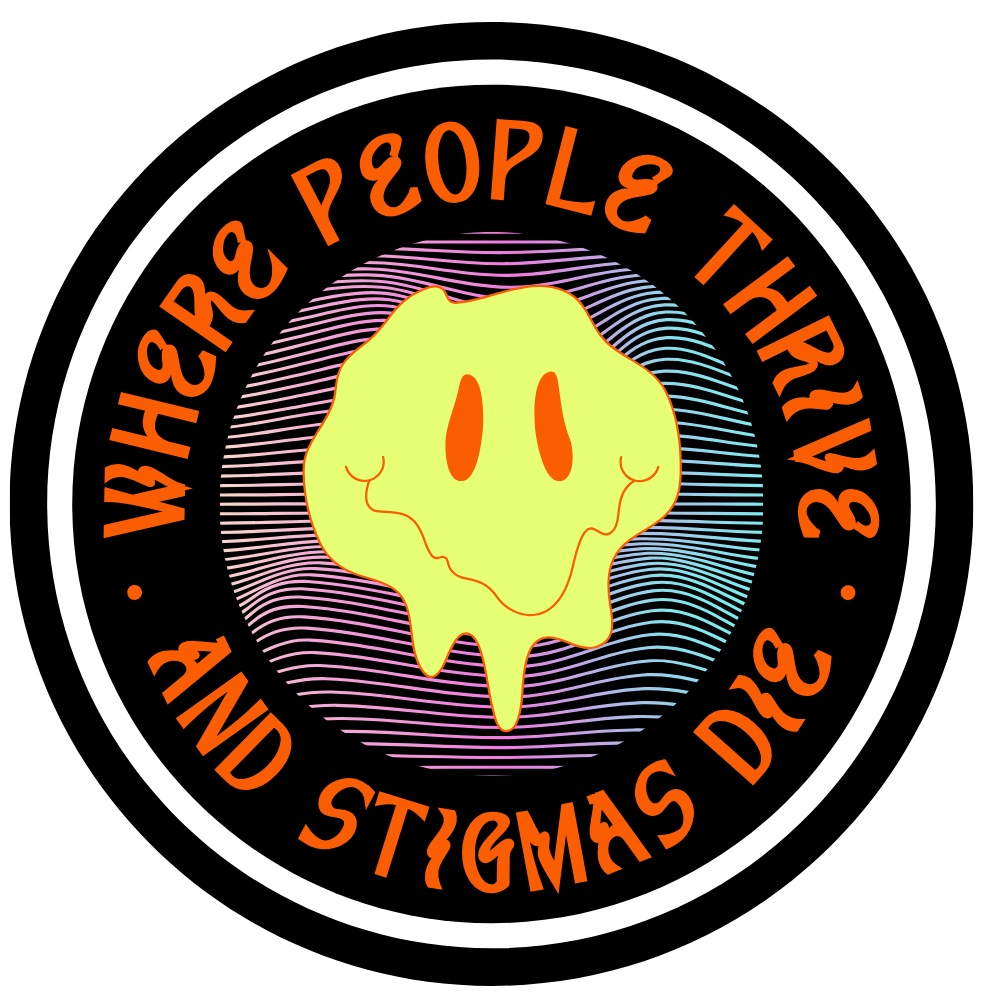Let me guess…You’re a first time mom who hasn’t slept more than two consecutive hours, and you are starting to lose your mind a little bit? Welcome home, sis. Surviving the newborn stage is not easy!
You spend hours, maybe DAYS, giving birth to your little one only to be shoveled off on your own the next day to care for your baby with a plate size wound in your uterus, no time to recover and a million new responsibilities.
It’s A LOT.
I remember thinking to myself:
Am I seriously supposed to get up every two hours to change and feed her??
BY MYSELF???
But I can barely sit up….. How am I going to do this??? There’s no freaking way I will be surviving the newborn stage.
How is ANYONE surviving the newborn stage?!
But I did. And so will you!!!
Honesty, it’s incredible how you will adapt and persevere to care for your child. I know it feels impossible, but I promise you will handle it gracefully. Sure, there will be nights when you feel like you’re failing (you’re not), and you will have moments where the baby is crying and you’re crying right along with them—but that’s normal.
Since you’re probably googling this at 3 a.m. because your baby can’t sleep (or your baby is sleeping, and you’re nervously watching them–it’s ok, mama, I’ve been there…
I’ll make it short, sweet, and straight to the point!
Here are five tips on surviving the newborn stage
- Get Ready Every Day
- Ask for Help
- Connect With Other Moms
- Keep a Diaper Cart by Your Bed
- Meal Prep
Let’s get into it!
1. Get Ready Every Day
Okay, I know what you’re thinking…
Seriously, Cydney? I’m exhausted. The last thing I want to do is get ready every day after sleeping for 2 hours.
But hear me out.
I’m not saying you need to go full glam and throw on your freshest high heels, but if you want to survive the newborn stage, you do need to practice self-care.
As a mom, it’s so common to put all of your baby’s needs before yours. Did the baby eat? Is she in a clean diaper? Is she sleeping okay? Maybe too much? Should I wake her up?
There are so many things to keep tabs on; it’s easy to lose track of yourself.
One of the best things I did for my mental health was to get ready every day. I would wake up, put my baby in her bassinet, drag it into the bathroom and take a shower. After my shower, I would brush my teeth, put on skincare, a fresh nursing bra and some CLEAN pajamas, and get right back into bed.
For me, this was getting ready. And it made a world of a difference!!!
2. Ask for Help!!!
Okay, so now that you’ve got your mini routine down to keep your mental health intact. It’s time to practice asking for help. This is crucial in surviving the newborn stage. I don’t care if you’re superwoman. It’s time to let your friends and family know you need support.
Asking for help does not make you a lazy mom. It makes you a GOOD mom.
Maybe you have a partner, maybe you’re a single mom–whatever your life looks like–help is key. And there are a lot of different ways you can ask for it! Maybe you want help with the baby, or help around the house or with food. Pay attention to the parts of motherhood that are hardest for you so you can get assistance where it’s needed most.
For most people, nights are the worst. It’s super hard to function on little to no sleep and stay awake to care for a screaming newborn.
I realized that early mornings were the hardest for me because of this. My girl would wake up every 1-2 hours, and by 5 AM I would be completely exhausted and finding it hard to stay awake while nursing her.
I had my mom start watching her for a few hours in the morning so that I could go back to sleep and have some energy for the rest of the day. And when I finally woke up again, she would bring me breakfast so I could eat in bed while nursing.
Your help might look different, but anything is better than nothing!
3. Connect With Other Moms
Moms need moms, plain and simple. You need moms who have been there before you and moms who are in it with you. Connecting with other moms will be the biggest help in surviving the newborn stage.
I feel insanely blessed to have so many mom friends in my life. And a lot of them had babies at the same time as me, but I realize that isn’t the case for everyone.
If you don’t have a lot of mom friends in real life, there are tons of them online who are ready and willing to help you out!! (**cough cough LIKE ME hehe**) Blogs, Instagram, Reddit, Facebook groups—there are moms everywhere to support you!
4. Keep a Diaper Cart by Your Bed
I’m all about working smarter, not harder. The reality of being a new mom is that you will be tired no matter what you do.
One of the best things I did that helped me in surviving the newborn stage was to keep a diaper cart by my bed. I have a pretty small space, so I put mine in the living room and filled up a drawer in my nightstand with goodies to survive the nights instead.
What should you put in your diaper cart? Anything that you would need to get up for!
I kept diapers, wipes, pee pads for changing, nipple cream, diaper cream and a few other goodies stocked in my nightstand. This allowed me to do everything from my bed, which made it easier for me to go back to sleep after feeding the baby and minimized the times I needed to get up.
Trust me, when you’re recovering from labor (or a c-section) you’re not going to want to be standing much for the first week or two.
5. Meal Prep
I can not stress this one enough…. Make sure you have meals prepped for your postpartum journey!!! If you want to survive the newborn phase and be able to care for your baby, you absolutely must make sure you’re eating.
Having good, nutrient-packed meals is essential for keeping you energized, healing your postpartum wounds, and maintaining your milk supply. I highly recommend soups and things that are easy to heat up and eat with one hand (lol). Breakfast burritos were my saving grace!!
If you didn’t meal prep before labor, don’t stress out. Ask your partner, a family member or friend to come by with some food or make something for you! You can also have someone set up a meal train to make sure you’re taken care of for at least the first couple of weeks after birth.
Disclaimer: The information on this blog is for general knowledge only and is not intended as medical advice. Consult a healthcare professional for personalized guidance regarding your health or your child’s health. The authors are not medical professionals and reliance on this information is at your own risk.





